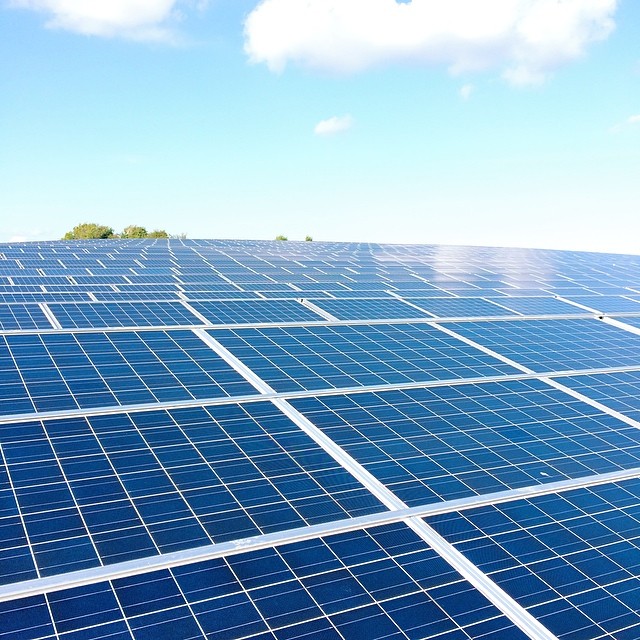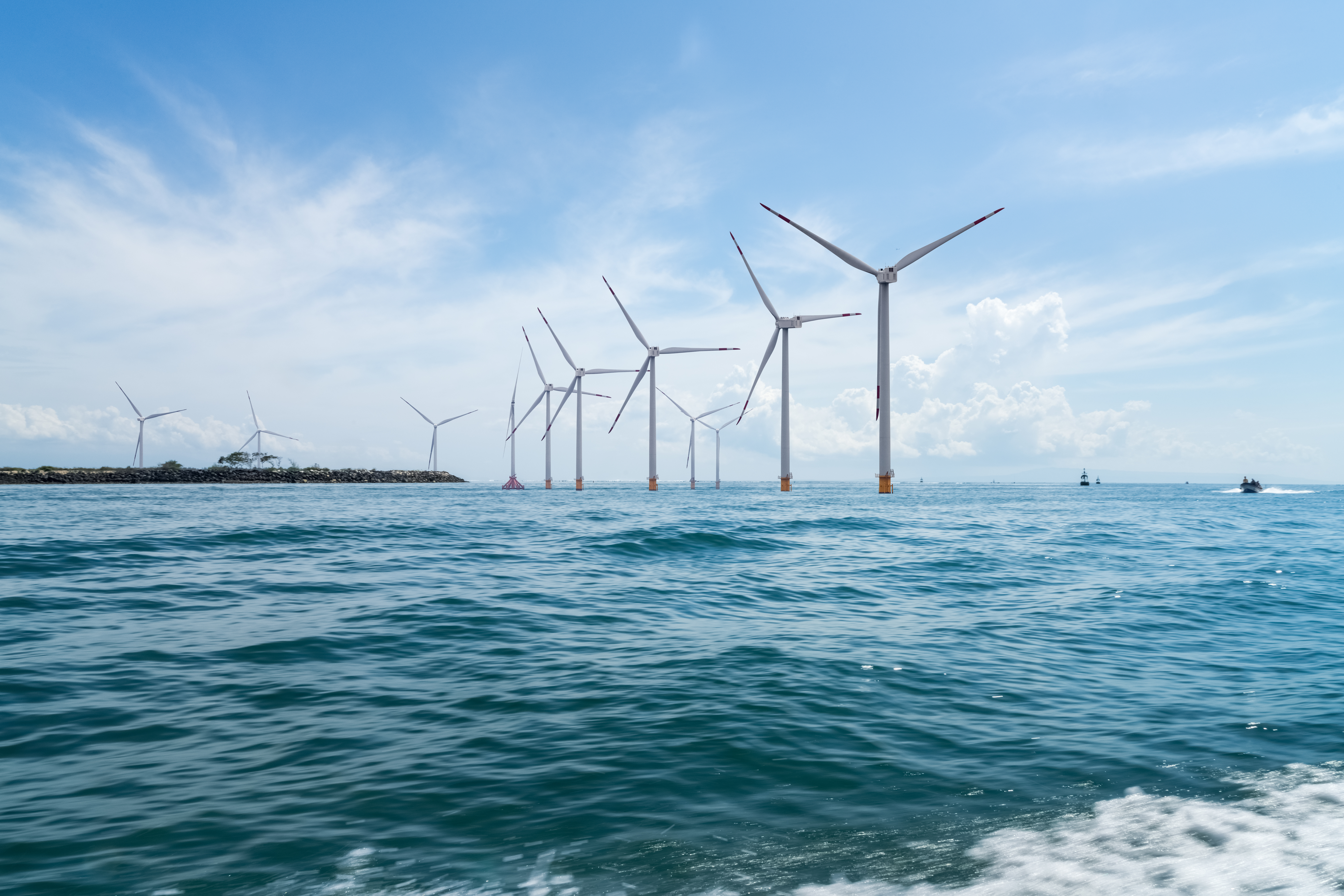Total, in partnership with Simple Blue Energy, has begun the development of its new floating offshore wind initiative. This would be situated in the Celtic Sea’s Welsh waters.
A Stepping-Stone Towards the Future
As per Sam Roch-Perks, the Managing Director for Simply Blue Energy, the agreement with total is the first of stepping stone projects to enable the local supply chai for ramping up capabilities. This will help them to be equipped for the larger projects slated to be developed in 2030.
The project would make use of the WindFloat technology developed by Principle Power for this project. Simply Blue Energy has set up its office located in Pembroke. This would facilitate working with the area’s supply chain on the opportunities that are born due to this project. As per a recent report from ORE Catapult, the Celtic Sea could contain a capacity of close to 50GW of electricity.

The Committee on Climate Change has suggested that a minimum of 75GW in terms of offshore wind capacity would be needed for the UK to reach its 2050 target of net-zero greenhouse gases. With this aim, a 50GW capacity could prove to be a significant booster. The installation of this project would be done in areas where the water depth was around 7 meters.
Total’s Acquisition of the Erebus Floating Wind Project
Total had agreed to buy a stake of 80% in the UK’s Erebus floating wind initiative. This is in line with its strategy of entering the sector of renewable energy and offshore wind. As per ta statement from Patric Pouyanne, CEO and Chairman of Total, this entry into floating offshore wind is a step towards their ambition of developing renewable energy globally.
Floating offshore wind has been pegged as a promising segment, and Total’s expertise in running and maintaining offshore operations would be a boost to the project. The company has the skill set required to meet the financial and technical requirements of this project. It would help to ensure the success of all future developments in offshore floating.
Total has not revealed the exact value of this acquisition. However, they did state that there are plans to invest a sum of £17.4 billion every year to expand their presence in low-carbon initiatives.

Towards the Future of Renewable Energy
At present, Total has a capacity of 7GW in the low-carbon generation of power around the world. With their involvement in this project, Total is among the first companies that have adopted this technology in the UK. Apart from this, it is also on its way to becoming the largest offshore wind market globally.
Currently, the development of offshore wind has been limited to shallow water depths. It has been dependent on fixed bottom technology. However, with this project, floating wind offshore could get the boost it needs to progress in the coming years.
As per Total, floating offshore technology has a lot of potentials. This initiative is being stated as the stimulus to open more sites offshore. This shifting of sites further offshore would not only increase generation due to the high wind resources but would also decrease the impact on the nearby landscapes.
Energy companies across the globe have been under increasing pressure to reduce global warming and decrease their carbon emissions. Total is among many other energy companies that are working to increase the presence of green energies. The company plans to ramp up its renewable energy capacity to 25GW from the current value of 3GW.

This is not the only initiative towards low-greenhouse emissions. Total has also announced plans to construct a battery-based project for energy storage. This would be in the Dunkirk port district in France. The project would have an output of 25MW and a storage capacity of 25MWh. It is being claimed as the largest Li-Ion storage system in France, with an investment of nearly £ 13 million from Total. It is scheduled to be commissioned in the latter half of 2020.